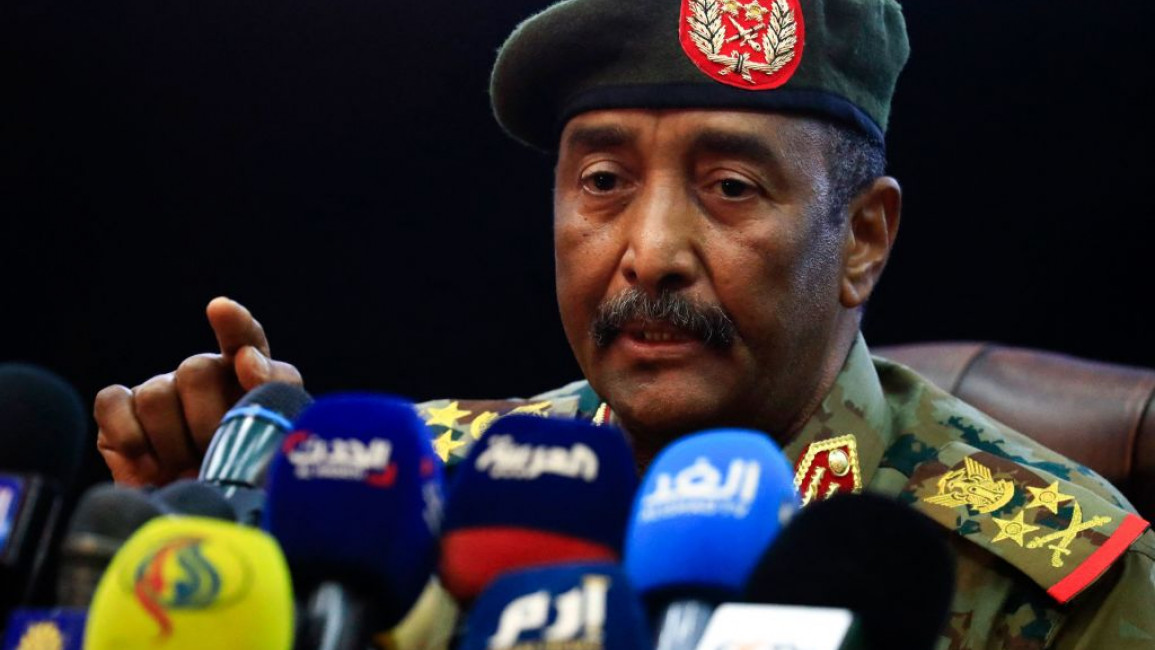Saudi Arabia, UAE urge restoration of Sudan's civilian govt
Saudi Arabia and the United Arab Emirates, which enjoy close ties with Sudan's military, joined the United States and Britain Wednesday in urging the restoration of the civilian government.
"We call for the full and immediate restoration of its civilian-led transitional government and institutions," said a joint statement released by the US State Department.
"We encourage the release of all those detained in connection with recent events and the lifting of the state of emergency," the statement said.
"Violence has no place in the new Sudan, on this point we encourage an effective dialogue between all parties, and we urge all to ensure that the peace and security for the people of Sudan is a top priority."
The United States has led condemnation of the military's takeover of power last week that interrupted a fragile transition to democracy in which power was shared with a civilian government.
US officials said that the United Arab Emirates holds particular influence in Sudan and helped persuade top General Abdel Fattah al-Burhan to release Prime Minister Abdalla Hamdok.
Notably absent from the joint statement is neighbouring Egypt, whose position has been the focus of anger for some of the protesters who have taken to the streets.
Earlier this week, local reports revealed Israeli officials visited Khartoum a week after the military coup in Sudan, meeting with Sudanese generals to assess the local situation.
The delegation met with several top military commanders including Mohamed Hamdan Dagalo - also known as "Hemetti" - the leader of a powerful Sudanese paramilitary force, Israeli media reported.
Weeks before the coup, Dagalo had travelled to Israel to meet members of the Israeli National Security Council and officials in the prime minister's office.
Israel has kept a low profile regarding its relationship with Khartoum and the new junta and unlike most Western countries has not issued any statements against the military takeover of power.
Some observers interpret the silence as a sign of support for the military. Sudanese security leaders have been seen as more active in normalisation efforts towards Israel than civilian members of the former government.
Sudan agreed to normalisation with Israel last year, reportedly in exchange for the US removing Sudan from a list of state sponsors of terrorism.
Sudan has been headed by a joint civilian-military transitional government since 2019, after former President Omar Al-Bashir was ousted from power in the aftermath of a popular revolution.
On 25 October, the military branch of Sudan's transitional government - led by army head General Abdel Fattah Al-Burhan - decreed a nationwide state of emergency, detained Prime Minister Abdalla Hamdok and top civilian officials, and dissolved the civilian-headed government.
Protesters have taken to the street en masse to denounce the coup but have been met with deadly violence from the armed forces.



